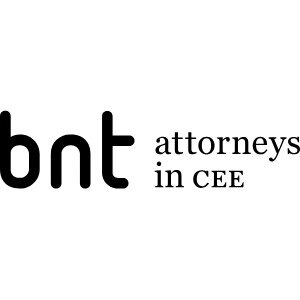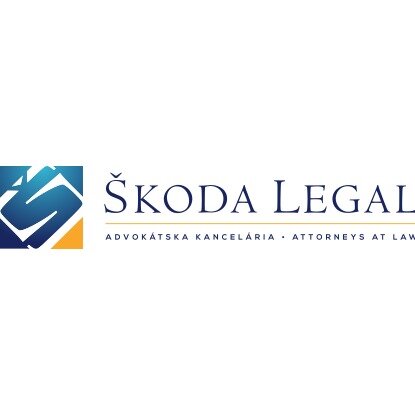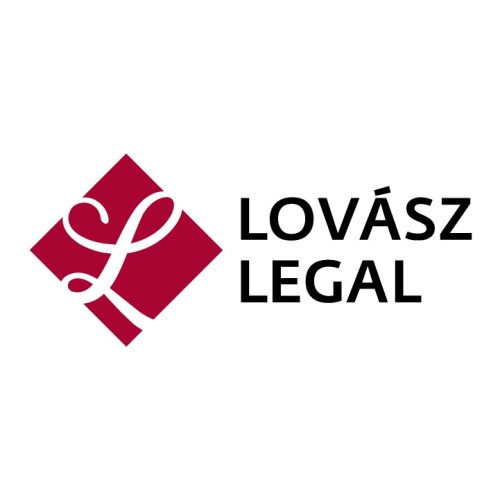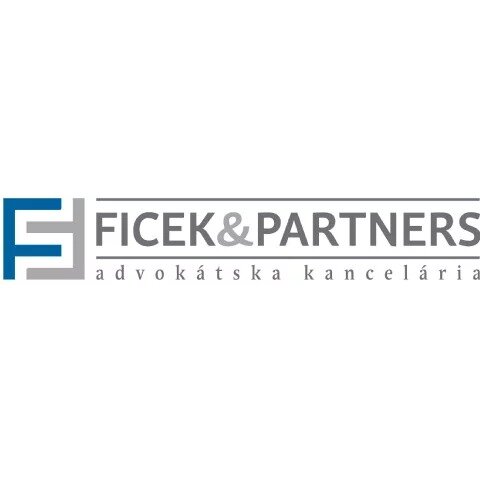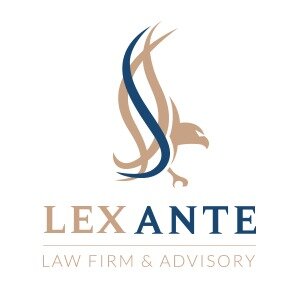Best Foreclosure Lawyers in Slovakia
Share your needs with us, get contacted by law firms.
Free. Takes 2 min.
Free Guide to Hiring a Real Estate Lawyer
Or refine your search by selecting a city:
List of the best lawyers in Slovakia
About Foreclosure Law in Slovakia
Foreclosure in Slovakia is a legal process aiming to seize and sell a debtor's property to satisfy outstanding obligations. The procedure is strictly regulated by Slovak law and generally initiated by a creditor when a debtor fails to fulfill their financial commitments, such as mortgage payments. The proceedings are conducted under the supervision of courts or, in some cases, alternative legal entities authorized to execute judicial decisions.
Why You May Need a Lawyer
Navigating foreclosure proceedings can be complex and daunting. Legal assistance is advised in various situations to ensure that a debtor’s rights are protected. Situations that might require legal help include defending against an unjust foreclosure attempt, negotiations to settle debts out of court, understanding and interpreting legal notices and documents, and pursuing options such as filing for bankruptcy.
Local Laws Overview
Key aspects of foreclosure in Slovakia include adherence to the Civil Procedure Code and specific provisions in the Execution Order Act. Creditors must follow strict guidelines before initiating enforcement procedures, including serving proper notice to debtors. There are legal protections in place for debtors that may halt or delay foreclosure, such as opportunities to contest the enforcement if they believe it’s unjustified. Additionally, any foreclosure must respect debtors' rights to basic housing, and certain properties may be exempt from seizure.
Frequently Asked Questions
What is the first step in the foreclosure process in Slovakia?
The first step is typically the issuance of an execution order by a court, which is based on a creditor's application following a debtor's default on their financial obligations.
Can foreclosure be stopped once it starts?
Yes, the debtor may appeal the execution order, negotiate with the creditor for a settlement, or seek alternative legal remedies like bankruptcy to stop the foreclosure process.
What properties can be seized during foreclosure?
Primarily, the debtor's real estate can be seized, but certain personal properties necessary for basic living are typically protected by law.
Is there a possibility of negotiating debt settlement outside court?
Yes, debtors and creditors often negotiate settlements to resolve debts without resorting to full foreclosure proceedings.
What happens if the property's sale proceeds do not cover the entire debt?
If the sale does not cover the debt, the remaining balance may still be owed by the debtor, unless a settlement or court order states otherwise.
Can a debtor stay in their home during foreclosure proceedings?
Debtors typically retain residence rights until the completion of the foreclosure sale, after which they may be required to vacate unless they have made alternative arrangements.
What are the court fees involved in foreclosure proceedings?
Court and execution fees can vary, but they will generally include administrative costs and a percentage of the recovered claim value.
How long does the foreclosure process take in Slovakia?
The timeline can vary significantly depending on the complexity of the case, but the process can span several months to a few years.
What options exist for a debtor after a foreclosure is finalized?
After foreclosure, a debtor may explore legal options to discharge any remaining debt and consider rebuilding creditworthiness to mitigate future financial impacts.
Can businesses also be subject to foreclosure?
Yes, business properties can be foreclosed upon if the business defaults on loan agreements or other financial obligations secured by real property.
Additional Resources
Individuals seeking assistance with foreclosure in Slovakia can consult with organizations such as the Slovak Bar Association for finding appropriate legal representation. Additionally, government bodies like the Ministry of Justice of the Slovak Republic offer information about procedural laws. Non-governmental organizations providing financial counseling and legal advice might also be helpful resources.
Next Steps
If you are facing foreclosure or want to prevent future foreclosure actions, consulting with a qualified legal professional is crucial. Begin by gathering all related financial documents and legal notices. Next, seek legal advice from a Slovak-licensed attorney experienced in foreclosure matters to explore your options and form a strategic response tailored to your specific situation. Early intervention can often yield more favorable outcomes, so taking prompt action is advised.
Lawzana helps you find the best lawyers and law firms in Slovakia through a curated and pre-screened list of qualified legal professionals. Our platform offers rankings and detailed profiles of attorneys and law firms, allowing you to compare based on practice areas, including Foreclosure, experience, and client feedback.
Each profile includes a description of the firm's areas of practice, client reviews, team members and partners, year of establishment, spoken languages, office locations, contact information, social media presence, and any published articles or resources. Most firms on our platform speak English and are experienced in both local and international legal matters.
Get a quote from top-rated law firms in Slovakia — quickly, securely, and without unnecessary hassle.
Disclaimer:
The information provided on this page is for general informational purposes only and does not constitute legal advice. While we strive to ensure the accuracy and relevance of the content, legal information may change over time, and interpretations of the law can vary. You should always consult with a qualified legal professional for advice specific to your situation.
We disclaim all liability for actions taken or not taken based on the content of this page. If you believe any information is incorrect or outdated, please contact us, and we will review and update it where appropriate.
Browse foreclosure law firms by city in Slovakia
Refine your search by selecting a city.



